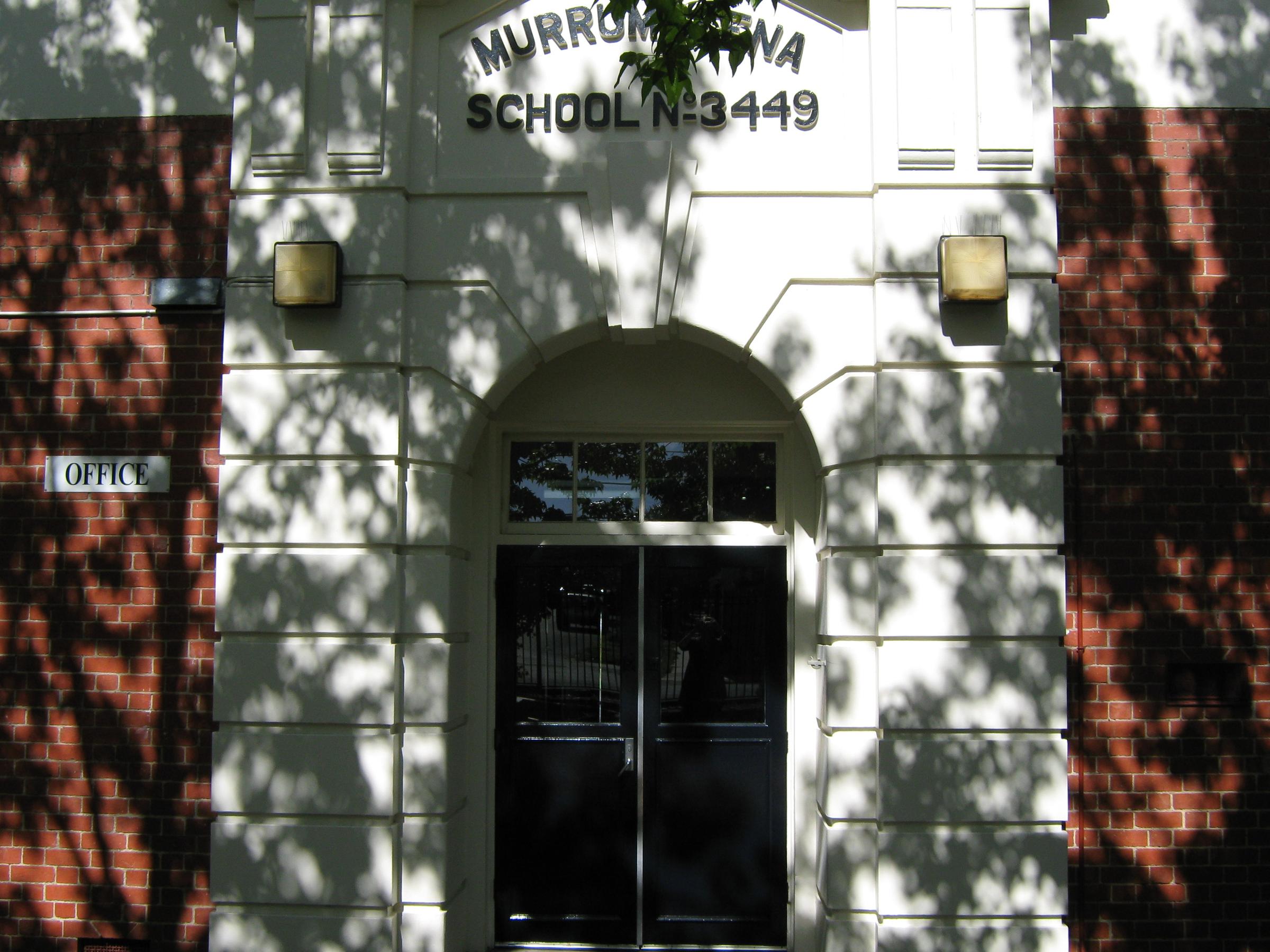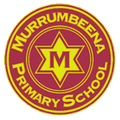From the Acting Principal

TERM TWO
Welcome back to school and into a term focused on personal learning and achievements. When we think about learning, we traditionally think of academic progress in the classroom, however learning encompasses so much more. In addition to academia, learning occurs incidentally in the playground. For example, through our social mistakes, we learn more effective ways to communicate with others, show empathy, compassion and respect and become open minded to the various viewpoints others may hold that are different to our own. All children will make mistakes and minor incidents occur on a daily basis. This is normal and part of growing up. When children make mistakes and are free from judgement they are more open to speaking about what happened and the events leading up to the incident in an honest and reflective way; they are more willing to accept responsibility for their actions and look at the situation from the other person’s perspective. In short, they learn how to build and maintain relationships.
It is most unfortunate that in this decade, more and more parents are quick to judge other children’s actions and shift the blame. I encourage parents to read the article ‘How to Stop your Children from Shifting Blame and Start Taking Responsibility for their Actions’. (click on link below). Most of the article is common sense, but it’s a timely reminder that there are subtle things we parents can do to help our child. While it is tempting to discuss children’s behaviour with other parents, there is always more than one side to the story.
If you are concerned about your child’s behaviour or that of another student, we encourage you to speak with us directly so the matter can be resolved with all children’s best interests at the forefront.
ARTICLE: https://amotherfarfromhome.com/blame-shifting-take-responsibility/
The Learner Profiles: A Balanced Approach to Teaching and Learning
As an International Baccalaureate school, we focus on explicitly teaching and practicing the Learner Profiles. (See the attachment for a description of the 10 profiles). Our teachers plan lessons that are designed to not only increase knowledge through an inquiry process, but to also provide opportunities to develop the different learner profiles. We call this dual focus a ‘Split Screen’ approach. A split screen allows emphasis on the curriculum alongside an emphasis on the essential attributes that students of today need for their futures tomorrow.
For example, during the recent Year 5 ‘How the World Works’ UOI (unit of inquiry), students were inquirers as they researched and explored factors that contribute to natural disasters and become more knowledgeable as a result. At the same time, the teaching and learning also included being a thinker: students had to apply critical and creative thinking skills in different ways. For example some students chose to design a house that can withstand the chosen disaster and a communicator: how would you promote community safety in those residential zones.
We believe the explicit teaching of the Learner Profile attributes ‘develops a broad range of capacities and responsibilities that go beyond academic success. They imply a commitment to help all members of the school community learn to respect themselves, others and the world around them.’ (IBO)
LEARNER PROFILES: https://www.ibo.org/contentassets/fd82f70643ef4086b7d3f292cc214962/learner-profile-en.pdf
ANZAC DAY
This year, ANZAC Day falls on Sunday and we hope that many families will be able to attend services in person this year. To ensure our students know a little more about this important commemorative occasion, we are holding a special ANZAC Service at the school on Friday 23rd April commencing in the hall at 2:45pm.
Members of the Year 6 Global Citizenship Team will be running the assembly and have invited Mr David Howell, Secretary of East Malvern RSL as a special guest speaker. The Global Citizenship team also ran a lunch time activity today for interested students to collectively make a poppy wreath in readiness for the service.
MENTAL HEALTH AND WELLBEING
It’s estimated that 1 in 7 school-age children have a mental health problem, like anxiety, depression and behaviour problems, but only 1 in 4 gets the help they need. Given the statistics, we know there are many students who would benefit from mental health support.
We have investigated the possibility of engaging a psychology service to regularly visit our school. We believe that engaging an external organisation who understands children (and schools) will provide families with some much needed support. To get the ball rolling, we need to have enough genuine interest to make it viable.
If you are interested in your child accessing such a service, please contact me so I can provide you with further information.
SUNSMART
In line with our policy, broad brimmed hats need to be worn when the UV index is above 3. The best way to ensure this is for students to continue wearing hats into term 2 or at the least have one in their bags for the days when the UV remains high.
NAPLAN TESTING
Students in years 3, 5, 7 and 9 across Australia will once again be participating in NAPLAN testing. This year, testing will occur between 11th and 14th May for our year 3 and 5 students. Teachers help to prepare students so they are comfortable with the test materials.
It is important that parents and students understand that NAPLAN is just one aspect of a school’s assessment and reporting process and that NAPLAN does not replace ongoing assessments made by teachers about student performance.
The results of the tests provide information for students, parents, teachers and principals which can be used to improve student achievement. This week, our students will undertake a ‘readiness exercise on the computers’ so they are familiar with the online platform for testing. Later in the year, parents will receive their child’s personal NAPLAN report. The report will describe your child’s particular skills in reading, writing, language conventions (spelling, grammar and punctuation) and numeracy. The report will also show how your child performed in relation to the national minimum standards (these are the minimum acceptable standards for students across Australia.
